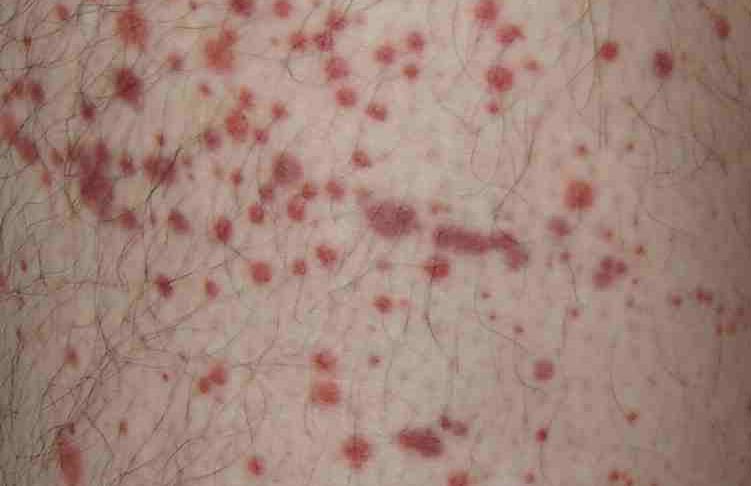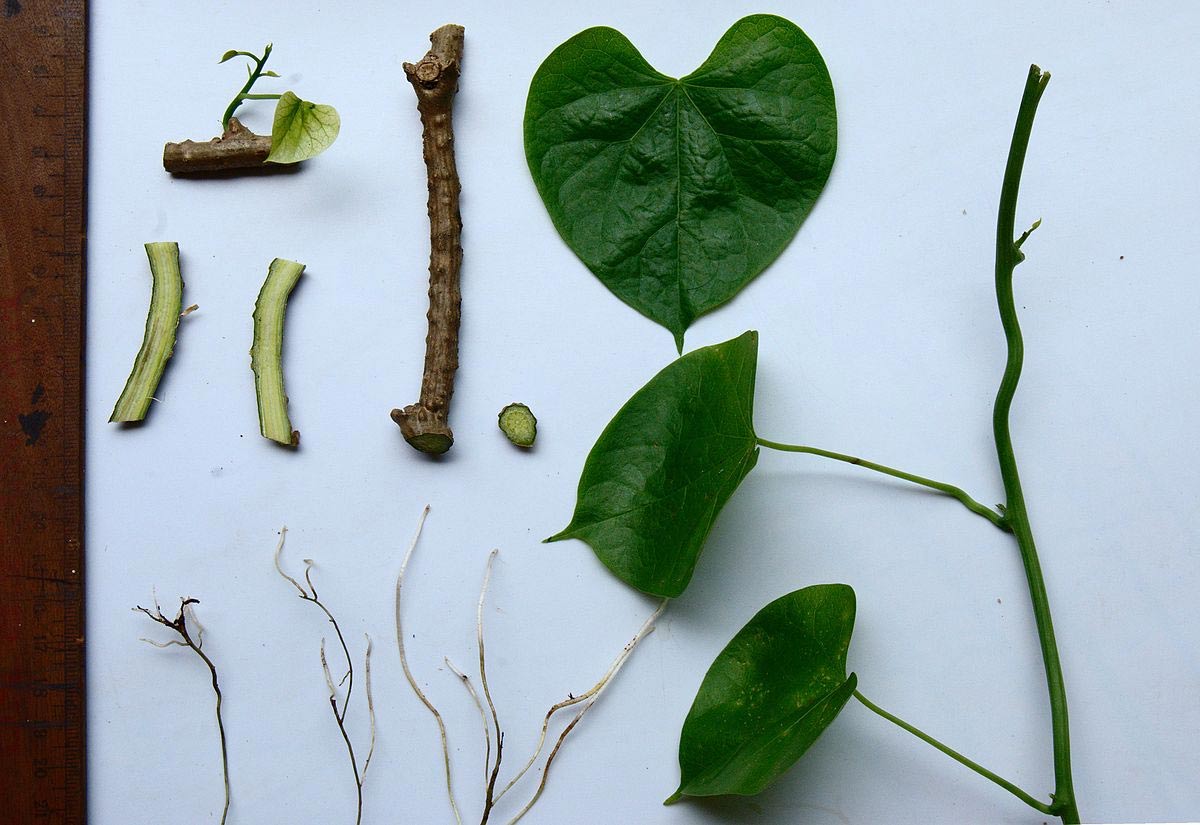Idiopathic thrombocytopenic purpura (ITP) is a disorder which is characterized by excessive bleeding and bruising. Due to the low levels of platelets, bleeding occurs. Idiopathic thrombocytopenic purpura is also called as immune thrombocytopenia. It affects children and adults. After a viral infection, Children often develop ITP and usually recover without treatment.
If your platelet count isn’t too low & you don’t have any signs of bleeding, you may not need any treatment. The number of platelets may be so low that severe internal bleeding occurs [only in rare cases].
Etiology
Normally the platelet count is 1, 50,000 per micro liters of circulating blood while in ITP platelet count is below 20,000. Normally our immune system helps our body to fight against diseases and infections but in ITP our immune system destroys and attacks its own platelets but reason why it happens is still unknown.
Classification of ITP
it is classified into 2 types
- Acute ITP
- Chronic ITP
Acute ITP: It mainly occurs in children and lasts for less than 6 months. It is the most common type of ITP.
Chronic ITP: It mainly occurs in adults and teenagers and lasts for 6 and more than 6 months.
Risk factors of ITP
There are few risk factors which are listed below-
- Viral infections- The risk factors for this disease are viral infections such as flu and mumps.
- Sex- women are at higher risk than men.
Symptoms and signs of ITP

- Superficial bleeding which appears as pin-point sized reddish purple spots especially on the lower legs.
- Blood in stools and urine
- Prolonged bleeding from cuts and injuries.
- Excessive bleeding during surgeries.
- Promotion of the bruises.
- Bleeding from the nostrils and gums.
- Menorrhagia
Diagnosis of Idiopathic Thrombocytopenic Purpura
It can be diagnosed by taking medical history, physical examination, bone marrow examination and complete blood count.
Complications of ITP
Intracranial hemorrhage is the most common type of complication. Due to the prolonged use of corticosteroids, some of the complications may occur like osteoporosis, cataract, high blood sugar, muscle mass loss and an increased infection risk.
Trreatment of ITP
As in ITP, antibodies forms and start destroying the platelets of the body. To treat the root cause, ayurvedic herbs stop process of forming antibodies which improve symptoms such as decreased platelets, bleeding and patches on the skin. There is enough medicine advancement but some of the problems remain unchallenged and ITP is one of the problem. Ayurveda has a complete solution to this problem and the patients are getting satisfied by this natural treatment.
There are several kinds of herbal and natural remedies for the treatment of idiopathic thrombocytopenic purpura which are as follows-
1. Giloy

- It is also known as Tinospora cordifolia.
- Due to its several medicinal properties, it is also called as amrita.
- The plant of giloy is very large. This plant’s benefits increase if taken along with amla.
- This plant is a preferred choice in the treatment of idiopathic thrombocytopenic purpura as well as in dengue because of its properties to increase the platelet count.
- Since ancient times, it is used in several ayurvedic formulations.
- It helps to fight the several type of infections.
- Gioly can be taken as leaves and these are also available in the form of juices and tablets or capsules.
- Boil giloy leaves in a cup of water then allow it to rest for 10 minutes. Strain and drink this remedy on the daily basis. You can add a teaspoon of honey for the better taste.
- Having 1-2 capsules after meals with plain water will give you the amazing results.
2. Ashwagandha
- It is also known as Withania somnifera
- It is a potent and wonderful herb in the ayurvedic therapeutic system.
- It is very helpful in the treatment of idiopathic thrombocytopenic purpura.
- It helps our body to retain itself to be healthier, as it is an adaptogen.
- This herb helps in the prevention of immunosuppressive activity of the body to allow platelet counts to rise.
- This herb is available in the form of powder and capsules.
- Daily intake will confer amazing health benefits especially in the idiopathic thrombocytopenic purpura.
3. Papaya leaf juice
- This is one of the wonderful herbal remedy for the treatment of idiopathic thrombocytopenic purpura and in dengue as it helps to increase the low platelet count.
- According to some researches, it is believed that regular consumption of papaya leaf juice will help to increase the platelet count within some time.
4. Herbal teas
- Green tea can be consumed, which is beneficial to increase platelet count.
- Other alternate method to prepare herbal tea is:
- Boil ½ tsp. each of fennel seed (saunf), dhania (coriander), anarchilka (Pomegranate peel) in three cups of water till it reduces to 1 cup. This herbal decoction can be taken twice a day.
5. Red juice
Beet root, amla (Indian goose berry), pomegranate, apple, marigold flower petals- 9-10, Rose petals – 5-6, to increase taste black grapes can be added. Take all these ingredients and grind with water and consume 200 ml twice a day.
6. Green Juice
How to prepare: Coriander (Dhania)- 10-12 leaves, Mint leaves (Pudina) – 4-5 leaves, Spinach (palak) – 2 leaves, Wheat grass – 5-6 leaves- take these leaves and grind with little water to make juice. Consume daily once or twice – 20 to 30 ml at least.
Some lifestyle modifications for the management of ITP
- Avoid garlic, tulsi, ginger, turmeric, peppers and chillies as these are Warm in nature and act as blood thinners.
- Daily intake of papaya leaves, coriander leaves, fresh spinach leaves, fresh mint leaves and giloy stem will help in the platelet count raise.
- Consumption of 4 glass coconut water daily will help you to keep yourself hydrated.
- Daily intake of pomegranate juice will help in the hydration of the body.
- Moong dal, khichdi, light chapatti should be given to the individuals.
- Drink plenty of water daily.








